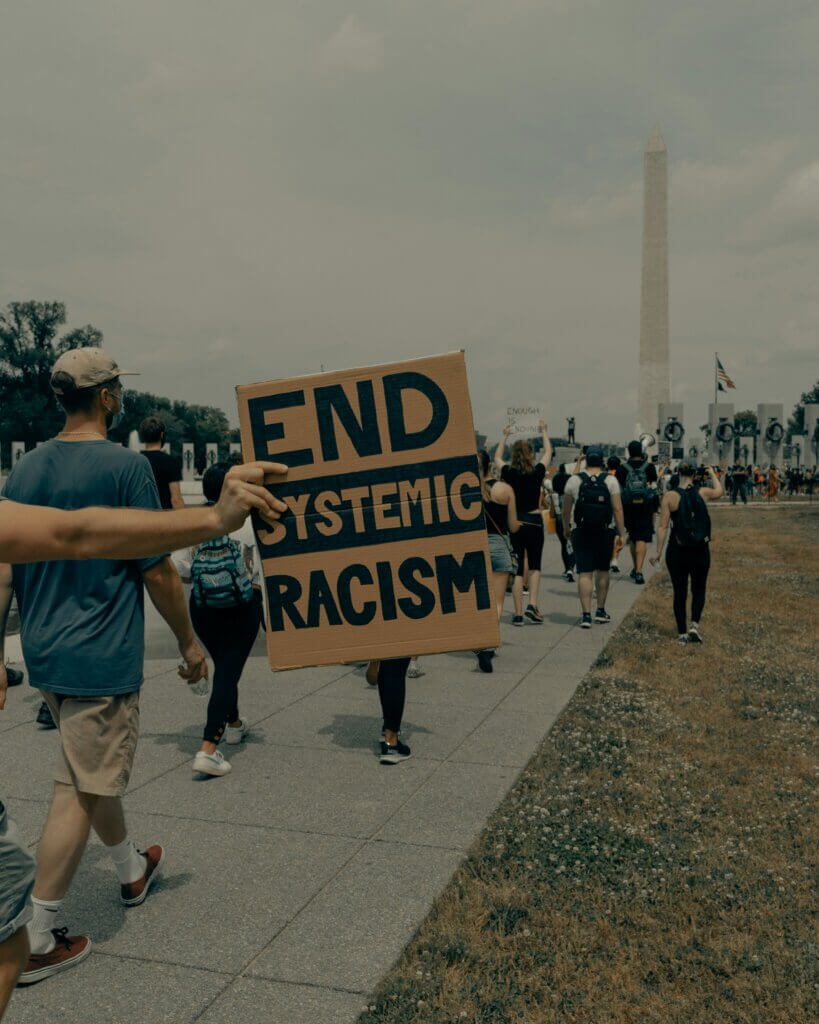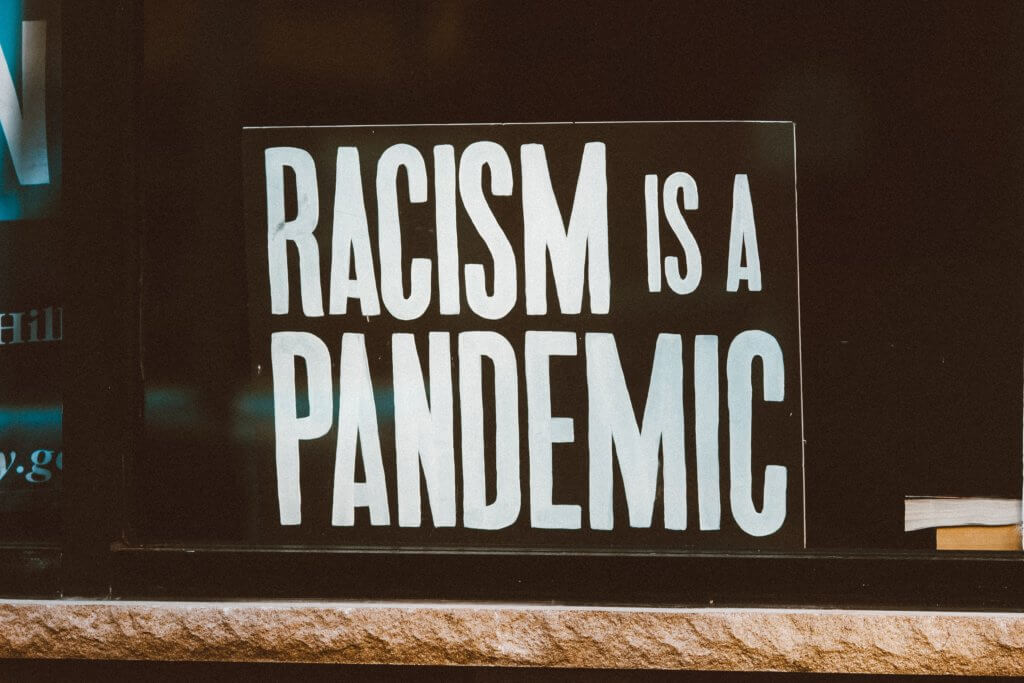Imagine trying to drift off to sleep, but instead of unwinding, you’re replaying the day’s encounters with discrimination, prejudice, and unfair treatment. For many ethnic and racial minority adolescents and young adults, this is an all too common experience — one that research increasingly shows can take a serious toll on sleep quality and quantity.
A new study, published in the journal Child Development Perspectives, delves into the complex web of connections between discrimination and sleep problems in minority youth. Researchers from Fordham University and the University of Illinois at Urbana-Champaign argue that sleep disturbances resulting from discrimination may be a key pathway through which racism harms mental and physical health in this vulnerable population.
“Discrimination based on ethnicity or race is a form of stress, and stress has been implicated in sleep disturbances,” says study lead author Tiffany Yip, professor of psychology at Fordham University, in a media release. “Rather than asking young people to ‘sleep off’ racism, we advocate for creating sleep-promoting programs that have direct benefits for developmental outcomes as well as indirect benefits by disrupting the negative effects of racism.”
What exactly is the link between discrimination and sleep? Studies using daily diary methods, where young people log their experiences and sleep patterns over several days or weeks, provide some clues. On days when minority adolescents report encountering discrimination, they also tend to report more difficulty falling asleep, more nighttime awakenings, and less restful sleep overall. These micro-level disruptions can add up over time, contributing to chronic sleep deficits and health problems.
Discrimination seems to undermine sleep in a few key ways. First, it’s a potent psychological stressor. Ruminating on unfair treatment and worrying about future encounters can make it harder to wind down and drift off. Discrimination also evokes a physiological threat response, prompting the release of stress hormones like cortisol that can interfere with sleep-wake regulation. Over time, this chronic activation of the body’s stress response system may reset sleep patterns in unhealthy ways.
But the relationship between discrimination and sleep is not a simple one-way street. There’s evidence that it’s bidirectional — poor sleep may also make youth more vulnerable to perceiving and dwelling on discrimination. It’s a vicious cycle, where daytime experiences of unfairness disrupt nighttime rest, and fitful nights in turn spur more vigilance for threat the next day. For youth who are already grappling with the challenges of racism, sleep loss becomes an additional, hidden hardship.
While researchers have long known that minority youth face higher rates of sleep problems compared to their white peers, discrimination has only recently come into focus as a key part of the puzzle. The new review integrates findings across different methodological approaches — from in-the-moment diary studies to long-term longitudinal data – to build a compelling case for discrimination’s role in shaping sleep disparities.
The piece also highlights sleep as a potential intervention point to buffer youth against the harms of discrimination. Researchers point out that sleep is both measurable and modifiable as we have scientifically-validated methods to track it, and evidence-based strategies to improve it. Teaching youth good “sleep hygiene” habits, like sticking to a regular sleep schedule and winding down before bed without screens, could help protect against the impact of daytime stressors.
However, researchers caution against putting the onus entirely on individual youth to simply “sleep off” their experiences of racism. Rather, they call for a multi-pronged approach that also targets the root causes of discrimination at a societal level. Systemic efforts to reduce racism and create more equitable environments for minority youth development remain an urgent priority.

In the meantime, the hope is that this growing body of research can inform practical steps to promote healthy sleep — and in turn, healthy development — for all youth. This includes educating parents, teachers, and health providers about the link between discrimination and sleep, and equipping them with tools to support good sleep habits.
“Investigations of racism and youth development must consider sleep health,” says study co-author Jinjin Yan, a postdoctoral research fellow in psychology at Fordham University. “A focus on sleep health also holds promise for mitigating the negative developmental effects of ethnic and racial discrimination on mental health, physical health, and academic outcomes.”
Ultimately, the study underscores that for minority youth, getting a good night’s rest is not just a matter of personal comfort — it’s an issue of health equity. In a society where racism remains a daily reality, understanding and addressing its impact on sleep is a critical part of supporting positive development and resilience. Targeted sleep promotion efforts hold promise to help minority youth “dream of a fairer future while being protected from the detrimental impact of discrimination.”












